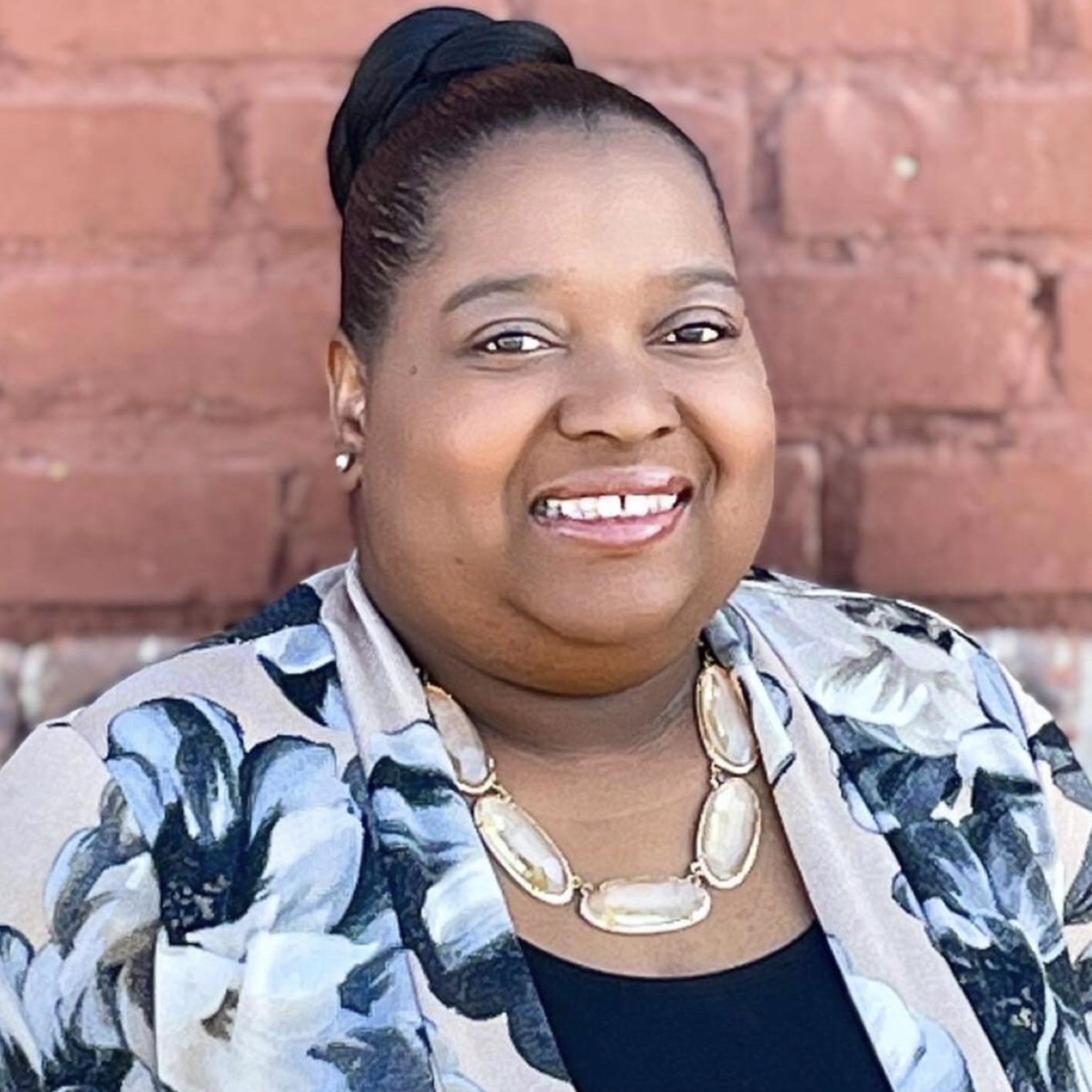 Professor of Practice, Public Administration, Tulane University
Professor of Practice, Public Administration, Tulane University
Tihara Richardson Sommers, Ph.D., MPA, MPP, can point to one case that changed the course of her career. She was working for the Florida Board of Nursing when Hurricane Irma hit in 2017 and her job brought her to the Hollywood Hills Nursing Home. “Basically they had an emergency preparedness plan in place that had never really been tested,” said Sommers, “so when the hurricane hit they decided to hunker down in the nursing home instead of evacuating while they were without power. Because they didn’t work out the plans, it got really, really hot in the facility and it ended up that 12 people died in the incident.”
Temperatures were as high as 108 degrees Fahrenheit when first responders entered the nursing home. They reported that it felt like the inside of a car on a hot day. “And then the kicker,” said Sommers, “was that the nursing home was across the street from a hospital. So they could have evacuated those residents across the street.”
“The investigation that I worked on basically penalized the lowest level of nurses which were the certified nursing assistants because they followed the plan that was written for them,” said Sommers. “That for me was a red flag because nurses aren’t the ones that make emergency preparedness plans for the facilities, but if things go wrong they’re usually the first ones we hold accountable.”
After the incident Sommers left Florida for Virginia where she pursued a Ph.D. in Public Administration and Policy at Old Dominion University. Her dissertation research focused on emergency preparedness in United States nursing homes.
In 2022, Sommers became a Professor of Practice in the John Lewis Public Administration Program at Tulane University in New Orleans, Louisiana. Her current work focuses on evacuation plans for long-term care facilities in Hillsborough County, Florida and how they were implemented after hurricanes Helene and Milton hit there sequentially in 2024.
Sommers is not doing this work alone. She is working with her mentor Sue Ann Bell, Ph.D., FNP-BC, FAAN of the University of Michigan. Richardson Sommers was connected to Bell’s mentorship through the IDEAAL DR2 Fellowship. In 2024, Sommers was one of 26 environmental and public health disaster researchers from across the United States to join the program’s first cohort.
“I would say the connection with my mentor is probably the most valuable thing that I’m walking away with from this experience,” said Sommers about the IDEAAL DR2 Fellowship. “My field is public administration and policy. My mentor is a nurse researcher, and she has such a great understanding of nuances in the field of nursing that I don’t have because I’m not a nurse. I don’t think I would have connected with her in the normal course of my career.”
Now Bell is helping Sommers assess evacuation after hurricanes Helene and Milton, drawing on a similar project she had conducted. With Bell’s guidance Sommers is asking administrators about the factors used to determine whether to evacuate or stay for hurricanes. “I feel like it’s helpful because in general there’s not a lot of research on assisted living facilities and scant research on nursing homes so this would provide base level data plus the incident of having two hurricanes back-to-back.”
Sommers says she would definitely recommend the IDEAAL DR2 Fellowship to others. In particular she values “the connections that enable us to think about research opportunities outside of the normal things that we do.”
“I encourage anyone who may be interested in applying to IDEAAL to pursue it, because I think, like me, they’re going to walk away with something valuable.”
She also appreciated seeing the equipment available as part of the NHERI Natural Hazards Reconnaissance (RAPID) Facility during the week-long training in Seattle. “Even though I am not so sure I will be going out collecting my own data after a disaster with the cars or the cameras, I think it’s important to just know that we have the capability to request equipment like that, especially because it could be useful to other groups that we’re a part of.”
The RAPID facility equips researchers to collect and analyze time-sensitive data associated with natural hazard events, including by providing equipment to outfit a car with a street-view camera.
When asked about future career directions, Sommers says she hopes to focus more on listening to the older adult community. “By 2030 we’ll have more older adults than children under 18 for the first time in the country’s history,” she said. “I don’t think their voices are always heard, so that’s something I want to dig into.”
For Sommers it’s about more than publishing papers. She points out that she has had family members living in nursing homes, has volunteered in nursing homes, and has family members who work in nursing homes.
“Not only am I an academic, but I’m also here to make an impact in the community that I’m in.”